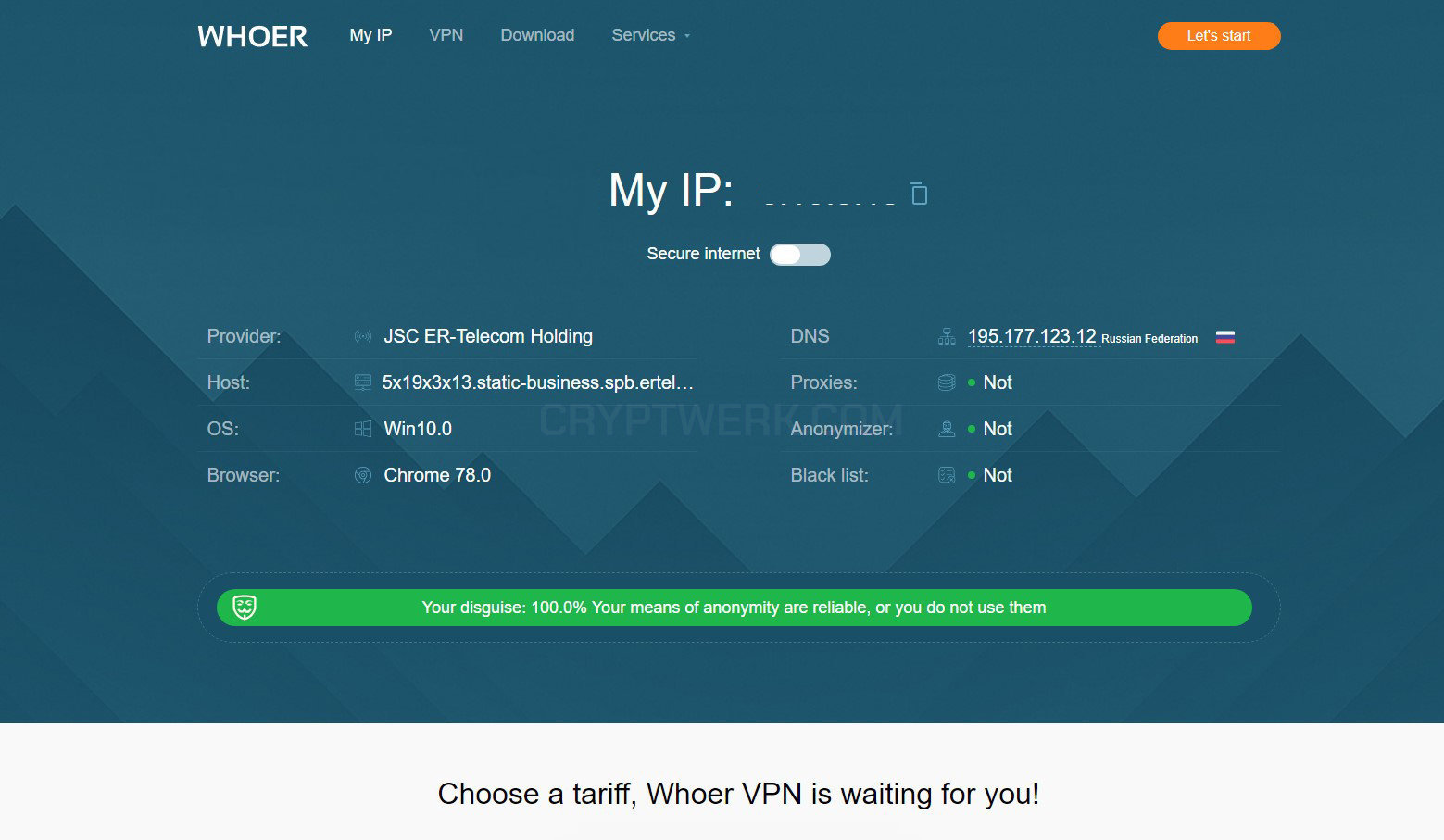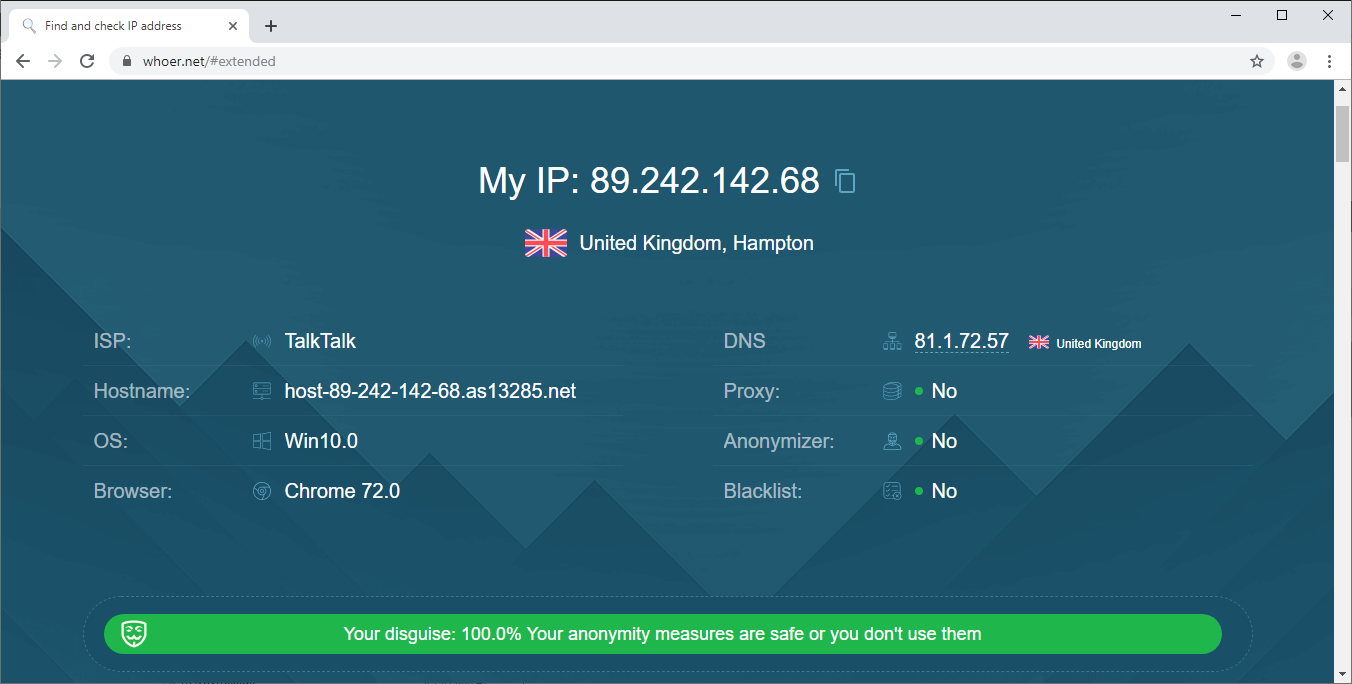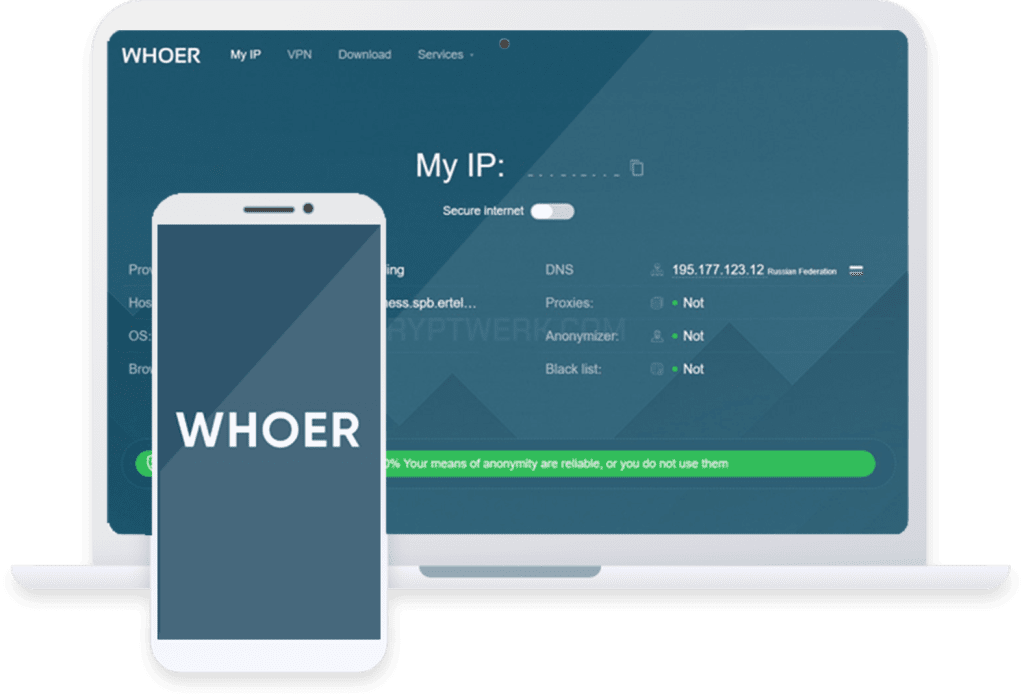Find Your IP: Address, Location, & Privacy Tips - [Guide]
Ever wondered just how much of your digital footprint is visible with a simple online search? Your IP address, often overlooked, is a key piece of the puzzle, revealing more about your online activities and location than you might realize.
Navigating the digital realm often feels like an exercise in controlled anonymity. We browse, we shop, we communicate, all behind the veneer of user accounts and encrypted connections. Yet, a fundamental piece of informationyour IP addressremains a constant beacon, silently broadcasting your digital presence. Understanding what an IP address is, how it's used, and the implications of its visibility is crucial for anyone seeking to control their online privacy.
An IP address, short for Internet Protocol address, is a unique numerical label assigned to each device connected to a computer network that uses the Internet Protocol for communication. Think of it as your digital postal address. It allows devices to communicate with each other, routing information across the vast network that is the internet. There are two main versions of IP addresses: IPv4 and IPv6. IPv4 is the older version, using a 32-bit address, while IPv6 is the newer version, utilizing a 128-bit address, designed to accommodate the ever-growing number of devices connecting to the internet.
- Dana Perino Peter Mcmahon Heartbreak Health What You Need To Know
- Hdhub4u Your Guide To Free Movie Downloads Streaming In 2024
The question of "What's my IP address?" is easily answered. Simply typing the query into any search engine will typically yield an immediate result. Websites like "WhatsMyIP.com" or those providing IP address services will readily display your public IP address. This seemingly innocuous piece of information is the gateway to a wealth of data. From your IP address, one can determine your approximate geographical location, including the city, region, country, and even pinpoint your Internet Service Provider (ISP). This process is known as IP geolocation. These services use databases to map IP addresses to geographical coordinates, allowing them to estimate your physical location on a map. The accuracy of this mapping can vary, but it generally provides a good approximation.
The revelation of your IP address can often be the starting point of a deeper dive into your online presence. Services that check your IP address often extend beyond simply providing the address itself. They may offer detailed information about the location, the ISP associated with the address, and even whether the connection is using a proxy or VPN (Virtual Private Network). Proxy servers, VPNs, and Tor exit nodes are often flagged, as they can be used to mask the original IP address and improve anonymity. These tools redirect your internet traffic through a server, thereby hiding your real IP address and making it appear as if you are browsing from a different location.
Tools like Whoer.net provide a comprehensive suite of IP address services, offering privacy inspections, DNS leak searches, and anonymous assessments. These are valuable services for understanding your online footprint. Furthermore, numerous online tools allow you to input any IP address to view its map position, associated coordinates, country, region, city, and the organization linked to the address. This is particularly useful for investigating the origins of online traffic or verifying the location of a website server. Websites such as Infobyip.com also offer IP detection, geolocation, and weather forecasts based on IP address data.
The ability to track your IP address underscores the importance of understanding privacy in the digital age. Geolocation, the process of mapping IP addresses to geographical locations, is a key function of many online services. This mapping relies on databases that correlate IP addresses with geographical data such as latitude, longitude, ISP, and domain name. By understanding this, users can make informed choices about their online security and privacy.
Several methods exist to enhance your privacy and control over your IP address. Virtual Private Networks (VPNs) are one of the most effective tools. When you use a VPN, your internet traffic is encrypted and routed through a server in a location of your choosing. This masks your real IP address, making it appear as though you're browsing from the VPN server's location. Using a VPN service, like Whoer VPN, allows you to hide your IP address without saving connection data, ensuring an anonymous and stable connection without restrictions. Whoer VPN is designed to keep your online activity private by masking your IP address. Some services allow you to protect all your devices with a single subscription.
Anonymizers, such as those offered by Whoer.net, can help conceal your IP address while you browse. By using an anonymizer, you avoid tracking and blocking by websites and internet providers. This ensures that your request data and your real location remain hidden from your ISP and third parties, giving you a degree of anonymity while you browse the internet.
While the tools for checking your IP address are readily available, understanding the implications of this information is crucial. Many websites and services use your IP address to tailor your browsing experience, serve you location-specific content, or track your online activity. When you are unaware of this, your online privacy is compromised. It's important to actively manage the information you share and protect your digital footprint.
Several factors influence the visibility of your IP address. When you connect to the internet, your ISP assigns you an IP address. This address can change periodically. When you reconnect to the internet, you may be assigned a new IP address. Many websites log your IP address when you visit their site, as this is a fundamental part of their analytics. Online forums, social media platforms, and other services collect your IP address, and some government agencies and private companies may also gather IP address data.
The main tools for checking IP address privacy generally assess your overall anonymity level. They look at what information is revealed about your IP address and browser. These tests may highlight potential vulnerabilities, like DNS leaks, which can expose your true IP address even when using a VPN. Additionally, they might identify whether your browser has any settings that are prone to leaking information.
IP address hiding and anonymity are critical components of online privacy. By masking your IP address, you gain control over who can track your online activity. You can choose to make your activity invisible to certain entities. You can circumvent geographical restrictions on content, which is a crucial aspect for accessing region-locked content. For example, if content is blocked in certain areas, you can use services to access it. This can be particularly useful if you wish to view content that can be blocked in some areas.
One of the main benefits of using IP address-hiding tools is a reduction in targeted advertising. By hiding your IP address, you can make it harder for advertisers to gather information about your online behavior. While this may not eliminate all advertising, it helps to make your browsing experience more private. You also reduce the risk of online tracking. Websites and other services use IP addresses to track your movement. Hiding your IP address makes this more difficult. Another advantage is increased security. By masking your IP address, you make it harder for hackers to pinpoint your device's location. This offers a basic level of protection against online attacks.
Many organizations offer complete IP address services, including privacy inspections, DNS leak searches, and anonymous assessments. Some provide the ability to find out what your public IPv4 and IPv6 address is revealing about you. Services such as Whoer.net are considered experts in internet security. Moreover, you can gain access to a site, with all request data and your real location hidden from your ISP and third parties.
To summarize, your IP address is a fundamental aspect of your digital identity. Protecting your privacy is paramount, and there are a variety of effective steps you can take to safeguard your online presence. By understanding the concept of your IP address, and the implications of this information, you can make informed decisions about the tools and strategies you use to maintain privacy.
Whether you're seeking to mask your location, protect your browsing habits, or understand your overall digital footprint, the information discussed here provides you with a solid foundation to improve your online safety. As the internet continues to evolve, so does the need to stay informed and adopt appropriate privacy-focused measures.



Detail Author:
- Name : Brandyn Moen
- Username : oaufderhar
- Email : elody90@yahoo.com
- Birthdate : 2005-05-24
- Address : 72842 DuBuque Camp Suite 558 North Stephan, MT 73959-7632
- Phone : +1-737-945-3628
- Company : Wehner Ltd
- Job : Annealing Machine Operator
- Bio : Est delectus illo eum. Nulla harum tempore quia incidunt est eaque distinctio sint. Voluptatem sunt et at temporibus quos numquam officia.
Socials
tiktok:
- url : https://tiktok.com/@vivienne519
- username : vivienne519
- bio : Nulla alias labore voluptas. Consectetur veniam corporis voluptas recusandae.
- followers : 2248
- following : 986
instagram:
- url : https://instagram.com/vmohr
- username : vmohr
- bio : Ducimus repellendus id sed quaerat modi. Tempore velit adipisci quis deleniti hic.
- followers : 4914
- following : 1480
twitter:
- url : https://twitter.com/vivienne_mohr
- username : vivienne_mohr
- bio : Porro corporis rem autem. Nihil consequuntur sed laboriosam est beatae. Qui voluptas distinctio cumque quam est eaque voluptate.
- followers : 5455
- following : 1600